As Magic Leap prepares to ship the Magic Leap One later this year, the company is putting its focus on mentoring developers and creators to build a content ecosystem for the spatial computing platform.
Registered developers are so important to Magic Leap that they'll be the first group to be able to buy the Magic Leap One when it becomes available later this year, Rio Caraeff, chief content officer for Magic Leap, said in an interview.
"Really, it's all about developers and creators. It's really the core of the earth, for me, that everything else blooms and grows from. To me, there's nothing more important than building a healthy ecosystem of developers and creators," said Caraeff during an on-stage interview with Melissa Arnoldi, president of technology and operations at AT&T, during the company's recent technology and entertainment event, AT&T Shape.
To accomplish that, Magic Leap has come out of its shell and has become more open with the developer community than it has been in the past. Magic Leap opened its Creator Portal earlier this year and launched an on-going live streaming show on Twitch.
"Magic Leap, for a few years, had a reputation of being a little bit private and secretive and insular, but we were an R&D-oriented company that was just starting to develop a product, and now we are at the next phase of turning to go to market, and a big part of that is turning to face our customer, turning to understand and share information with developers, and also have a two-way street back. So, we're very much in the midst of that turn, and my job is to make sure we have great relationships with all of the developers and creators out there and to make sure all of them have the opportunity to build for Magic Leap one day," said Caraeff.
When it comes to content for Magic Leap, Caraeff envisions a wide range of creators, from amateur auteurs to professional productions, with user's walls, tables, and rooms becoming the screen on which they experience content.
"You're gonna have this time where a six-year-old in Mumbai can take her phone and partially capture her volumetric cat and then share it on Magic Leap. You'll have a whole broad array of user-generated content, and you'll have sixty Red cameras surrounding Taylor Swift at Madison Square Garden, and you'll be able to have her perform in your living room while you cook dinner," said Caraeff. "The world can be my computing environment."
In describing the potential of Magic Leap and augmented reality, Caraeff envisions characters and AI with a level of realism unachievable on a flat screen, with characters that react to the presence of users and animated avatars for Siri or Alexa. If that last little bit sounds familiar, it is because NBA player Andre Iguodala's described having a similar experience when he got to preview the Magic Leap headset last year.
Creators will also have a learning curve with new methods of content capture, such as volumetric light field photography and outside-in photography. Furthermore, Caraeff advises that the process of creating content will differ greatly from moviemaking, game development, or even virtual reality experiences that separate users from their surroundings.
"You don't want to introduce too much stuff into my environment. We find that the most magical experiences are those where just a little bit of digital stuff, a little bit of magic, is integrated into my environment," said Caraeff. "Tinkerbell flying around the room and then landing in the palm of your hand is a pretty powerful experience. You don't need to able to take me out of my room; you can introduce wonder and magic and whimsy into my room."
During the presentation, Caraeff alludes to the Star Wars sizzle reel produced in conjunction with Lucasfilm and the Screens feature.
Other experiences described by Caraeff include shopping apps where users can see how a new pair of Adidas look on their feet or view an outfit from a J. Crew catalog on a virtual avatar. Caraeff also alluded to productivity applications for healthcare professionals to examine virtual patients or architects and engineers to collaborate on designs, not unlike the use cases pitched by Microsoft and Meta Company.
"Gaming is interesting, but it's really communication, information, productivity, collaboration, everything I can do on a computer and everything I can do in real life are things I can do in spatial computing on Magic Leap. So, the opportunities are limitless, but the immediate applications are really anything that can benefit from having the digital world integrated into my physical world," said Caraeff.
While we know that Weta Workshop is working on a game for Magic Leap One, it is apparent that Magic Leap is concentrating on content and experiences as opposed to gaming for its first generation device. This focus aligns with previously-previewed experiences, such as the NBA app and the interactive musical application Tónandi from Icelandic rock group Sigur Ros.
While he did not show off the device (aside from the same still shots shared late last year), Caraeff did take the opportunity to dim expectations a bit when asked to describe the device and the current experience using it.
"It is what it is. It's not quite an intimate wearable yet, but for a first-generation product, we think it's great to get this in the hands of developers and creators. But it's important to remember we are at the dawn and the beginning of something new and that this is the next wave of computing and what the next decade and generation will be defined by. So, there's a lot of room for improvement here, but you can see where we are now and we're proud of where we are."
- Follow Next Reality on Facebook, Twitter, Instagram, YouTube, and Flipboard
- Sign up for our new Next Reality newsletter
- Follow WonderHowTo on Facebook, Twitter, Pinterest, and Flipboard
Cover image via AT&T Developer Program/YouTube






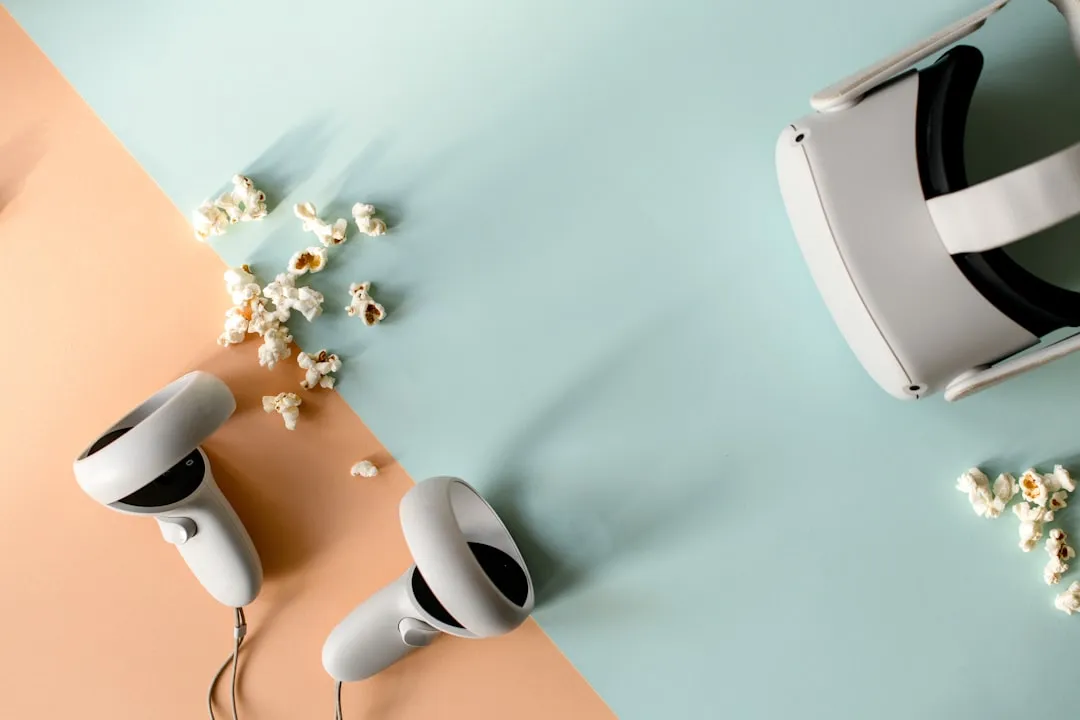



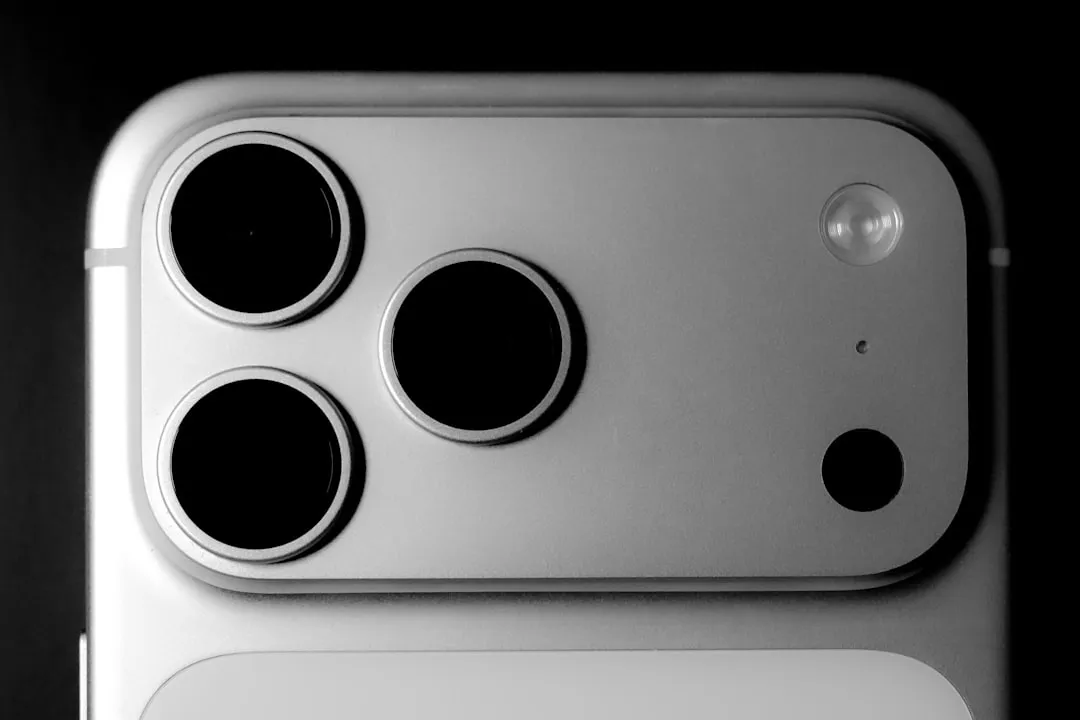


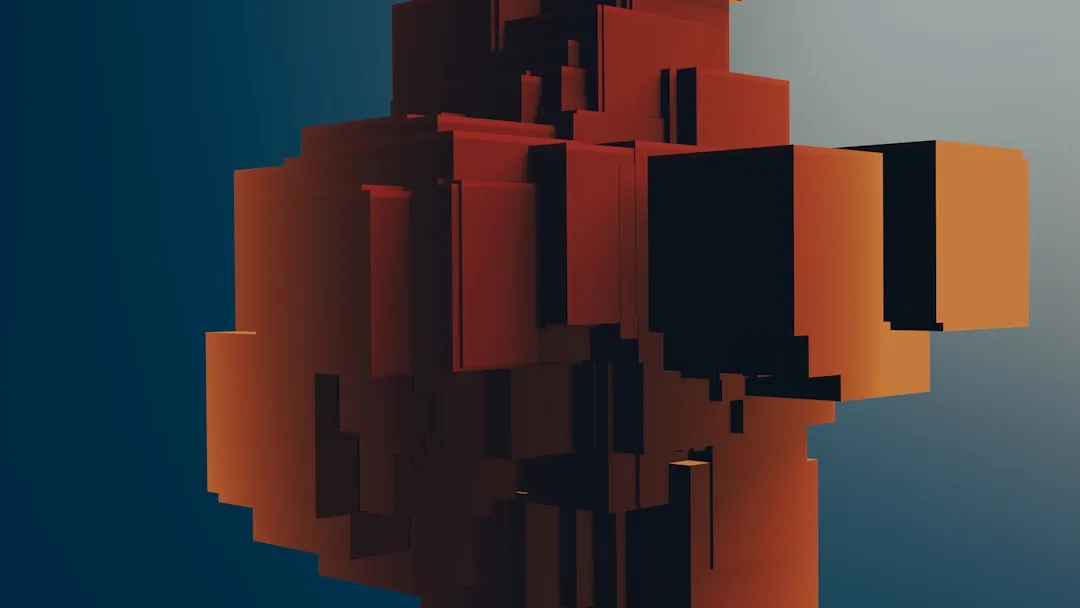
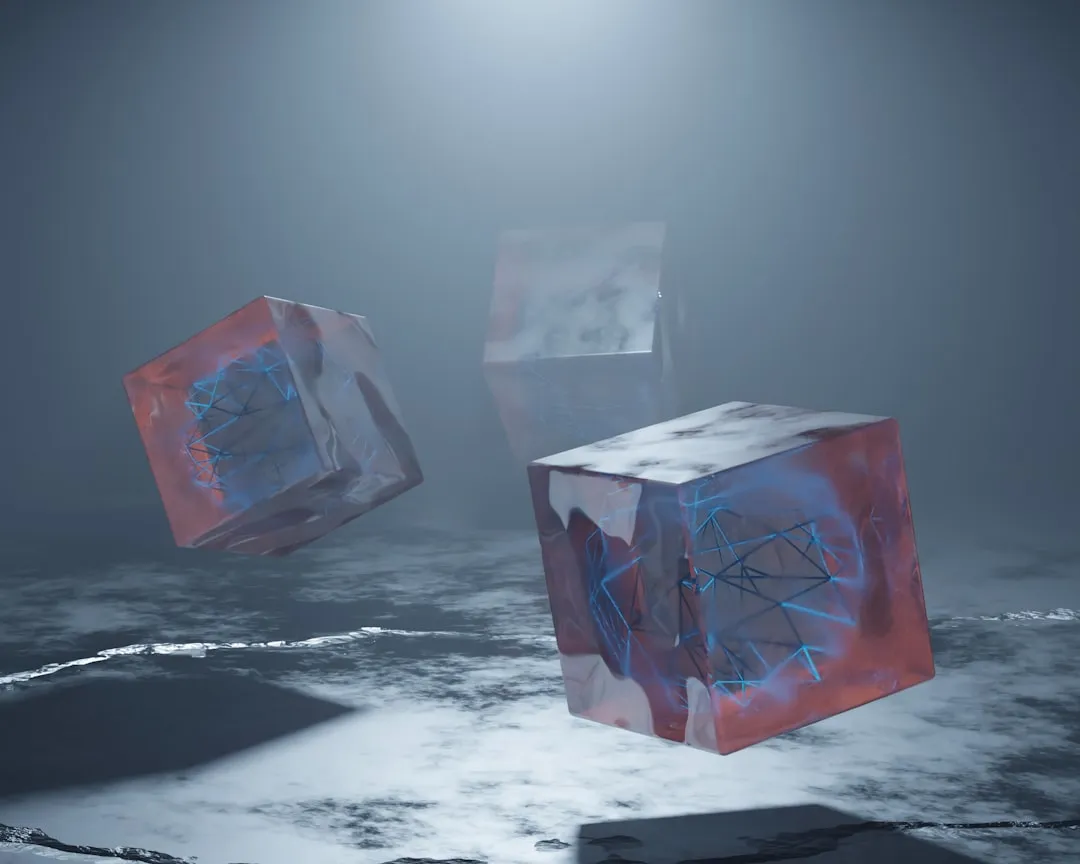
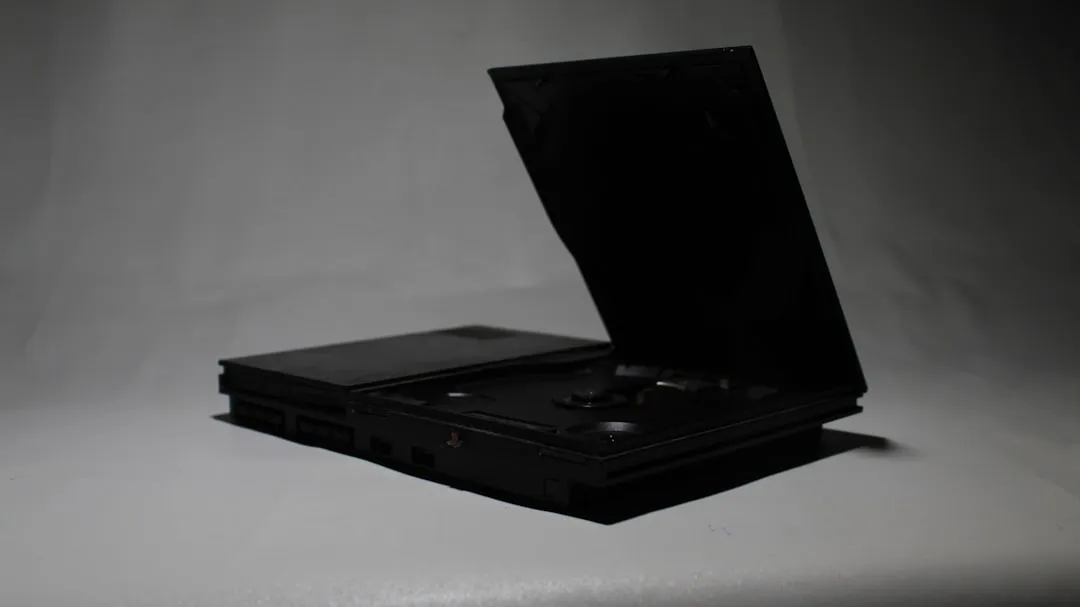








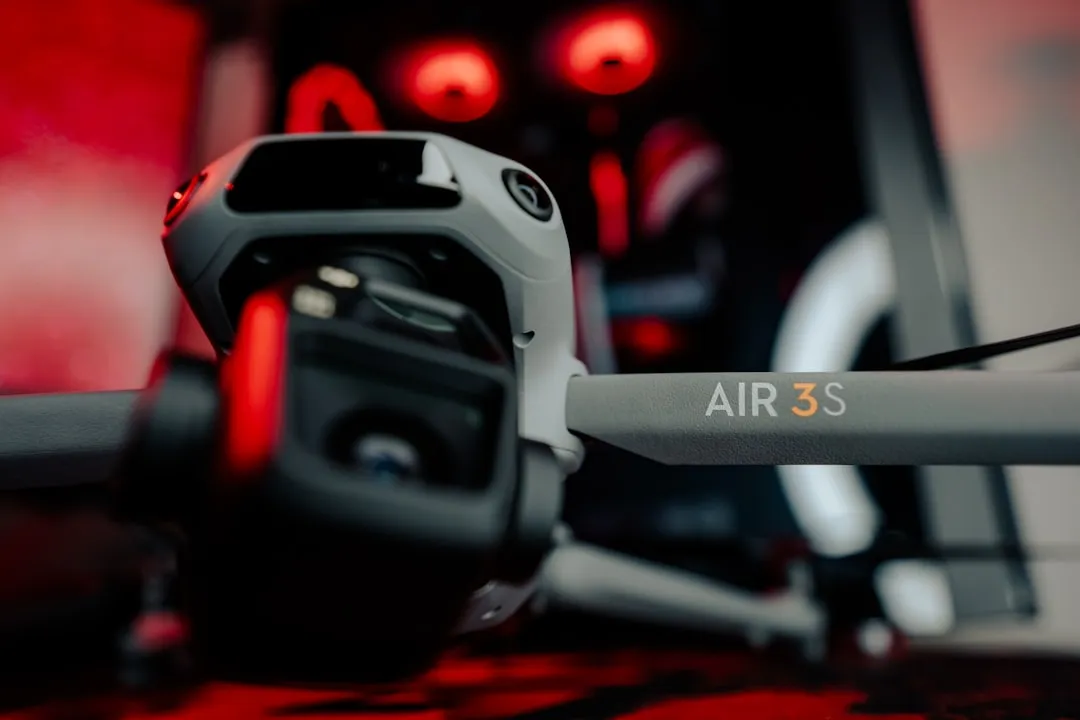

Comments
Be the first, drop a comment!